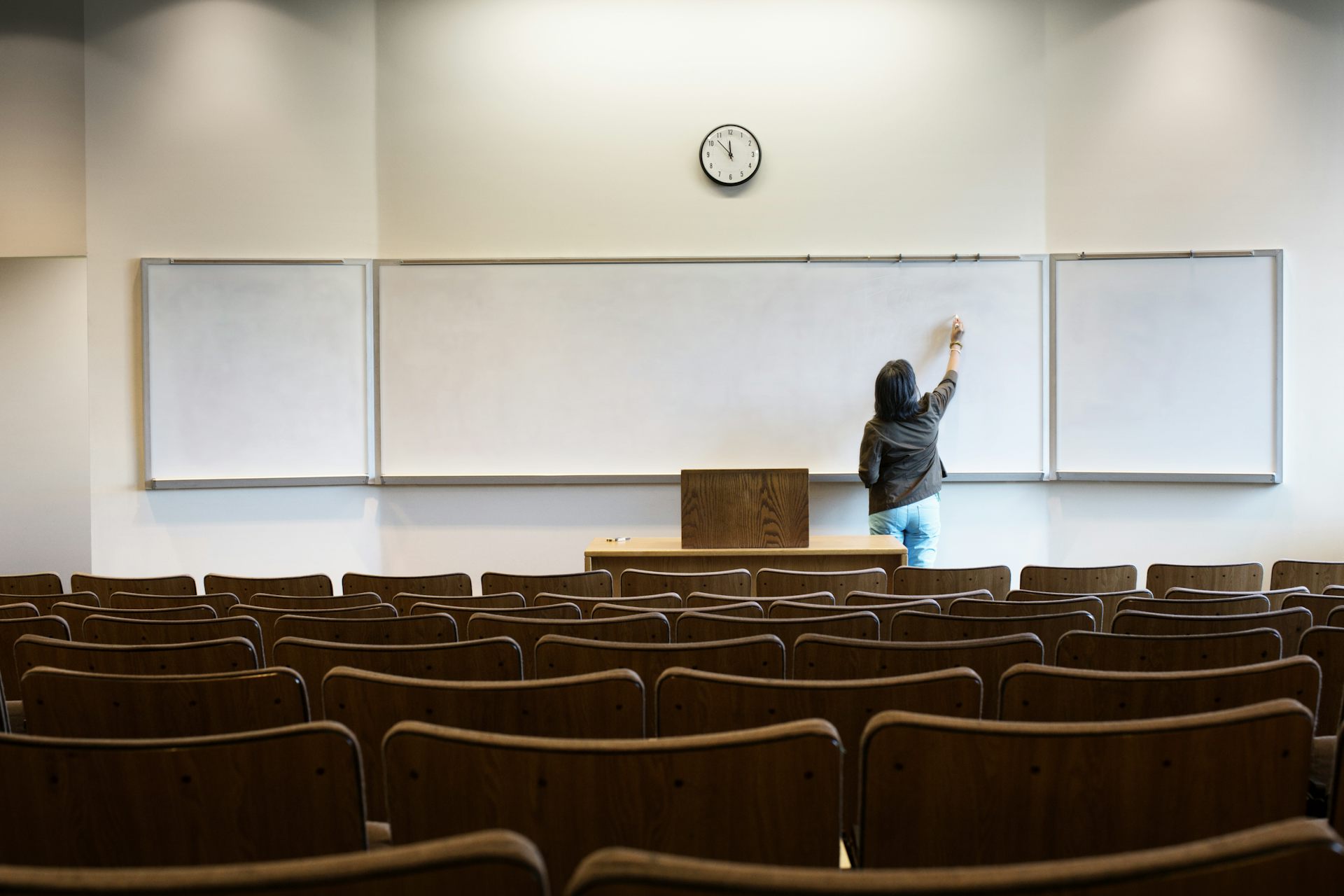5 tips for college students to avoid burnout
Going to college can be a stressful experience that takes a toll on students' health and well-being. A higher education specialist offers tips to keep the stress at bay.

Burnout is a stress-related state of exhaustion and often leads to feelings of isolation, low accomplishment and even depression. Although research has long shown that burnout affects employees, we now know burnout also affects students.
As a researcher who specializes in identifying strategies to help college students get through their first year of college, I’d like to offer a few tips to help students avoid burnout.
1. Start with why
Intrinsic motivation – the idea that learning is naturally satisfying – is associated with lower levels of academic burnout and with higher academic achievement. The most effective way of preventing burnout is being sure you know why you’re in college to begin with. Build your internal motivation by identifying the skills you need to develop and the experiences you want to have while you are in college.
2. Visualize your work and progress
Use the syllabus and other resources to get a full picture of the projects you have and their deadlines. Use to-do lists, calendars and apps to remind you of the work you have to accomplish, and celebrate small wins along the way.
3. Work a little every day
High-impact learning requires the investment of time and effort and deliberate practice and self-regulation. However, the majority of incoming college students spent less than 10 hours per week studying in high school and need to learn to put in a more sustained effort. Moreover, the study practices that college students use most commonly – highlighting or underlining notes, reading material over and over, and summarizing class content – are the least effective.
Take advantage of the learning strategies that have proven to be most effective. Spread your study time out over days rather than cramming. Actively retrieve the material you are learning using flashcards or practice tests, rather than passively reading and rereading information.
4. Take breaks regularly
Since burnout is related to stress, it is important to manage stress carefully. Exercise, proper nutrition, social interaction and quality sleep are each part of a productive coping strategy. In addition, breaks help restore your focus on your overarching goals, increase creativity and improve memory formation.

5. Keep the end in mind
Parts of college are simply stressful and difficult. But in the end, graduation from college remains economically beneficial. Additionally, the knowledge and skills you gain while in college have lasting and wide-ranging benefits in your work and personal life – like living longer, making more money and passing those benefits on to your children.
Ryan Korstange does not work for, consult, own shares in or receive funding from any company or organization that would benefit from this article, and has disclosed no relevant affiliations beyond their academic appointment.
Read These Next
The greatest risk of AI in higher education isn’t cheating – it’s the erosion of learning itself
Automating knowledge production and teaching weakens the ecosystem of students and scholars that sustains…
Why Michelangelo’s ‘Last Judgment’ endures
The artist used daring imagery that sparked controversy from the moment it was unveiled.
‘Learning to be humble meant taming my need to stand out from the group’ – a humility scholar explai
Humility is a virtue that many people admire but far fewer practice. A scholar describes how a professional…






